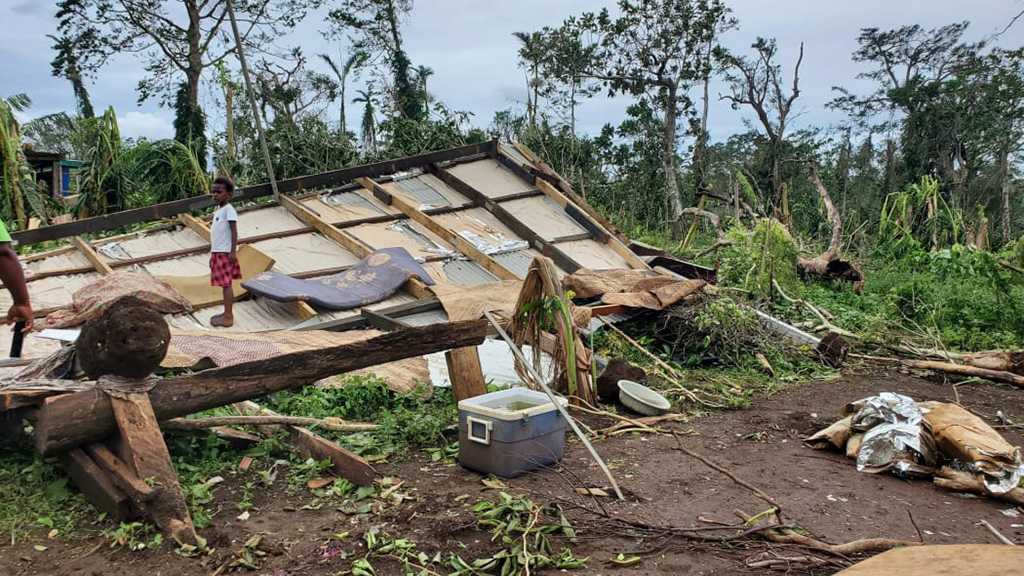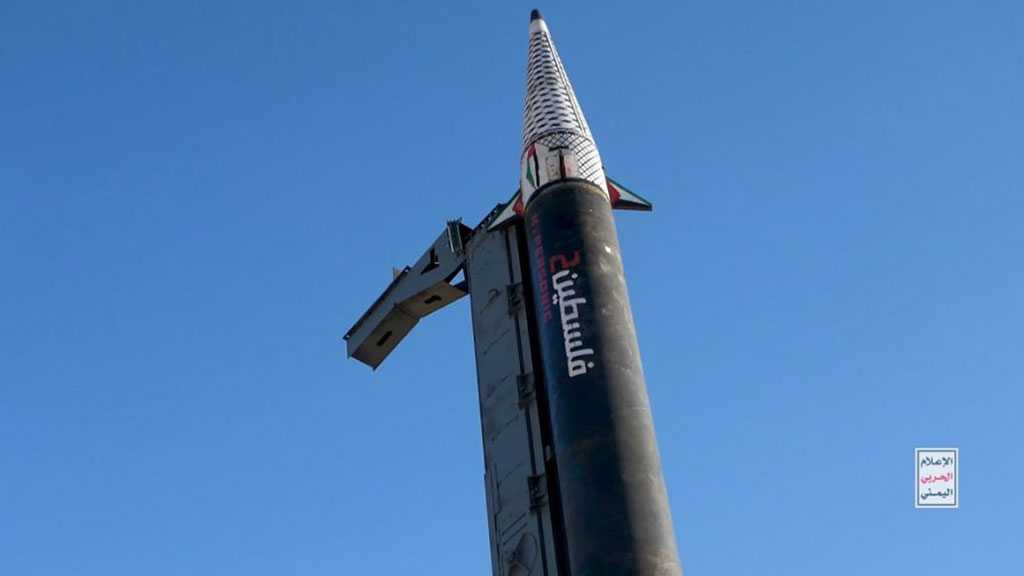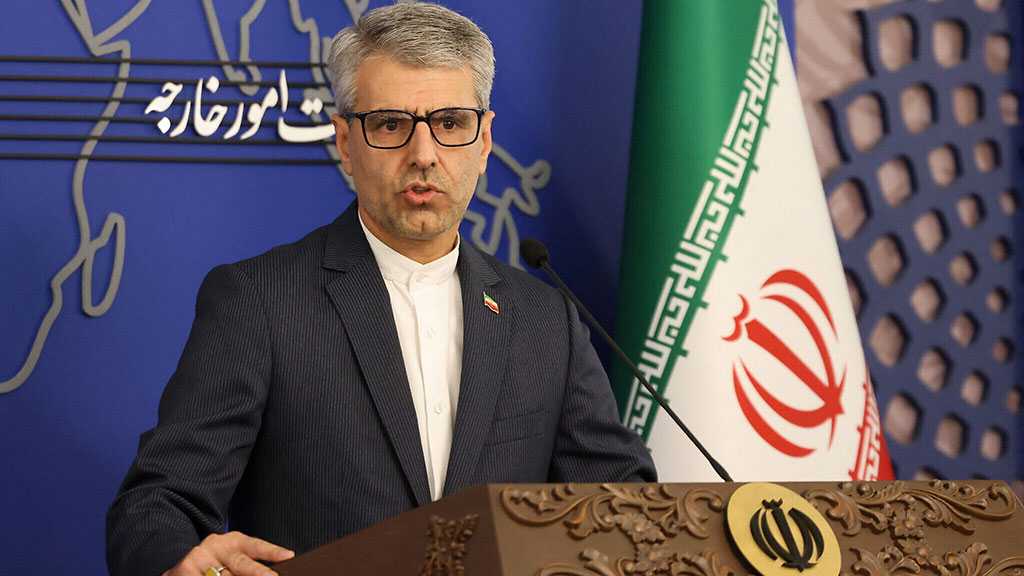State of Emergency Declared as Two Cyclones Hit Vanuatu in 24 Hrs

By Staff, Agencies
A state of emergency has been declared in Vanuatu as Category 4 Cyclone Kevin brought gale-force winds and torrential rain to the Pacific nation battling its second large cyclone in a week and was also rattled by two earthquakes.
Spread across 13 principal islands in the southwestern Pacific, Vanuatu has already been battered by Cyclone Judy, which hit the capital Port Vila on Wednesday, cutting power and forcing some residents to evacuate.
As the country cleared roads and restored power lines cut by Cyclone Judy, residents were jolted early on Friday by twin earthquakes and told to hunker down as Cyclone Kevin approached.
“It’s crazy. Vanuatu is used to natural disasters but I think this is the first time it has had two cyclones back to back,” Eric Durpaire, of the United Nations Children’s Fund UNICEF, told the Agence France-Presse news agency.
Hundreds of thousands of people in Vanuatu are estimated to be affected by the two massive Category 4 cyclones, which slammed across the island nation within 24 hours, the International Federation of Red Cross and Red Crescent Societies said in a statement on Saturday.
The government declared a state of emergency on Friday and Prime Minister Ishmael Kalsakau said officials were working to assess the damage, according to Radio New Zealand.
UNICEF Pacific said it was deeply concerned about the effects of two cyclones on vulnerable children and was working with the government to respond to urgent needs of families. The UN agency also said it was shipping emergency supplies to Vanuatu from Fiji to support disaster relief.
Cyclone Kevin passed over the capital late on Friday and was moving across the southern island province of Tafea on Saturday morning, bringing wind gusts above 230km [142.92 miles] per hour, according to the meteorology department. A red alert was in effect for Tafea province, home to just more than 30,000 people, according to the National Disaster Management Office. All boats were advised to avoid going to sea.
Winds were expected to weaken over the next six to 12 hours as Cyclone Kevin continues moving southeast, away from Vanuatu.
Adding to the nation’s woes, magnitude 6.5 and 5.4 earthquakes were reported on Friday but there were no immediate reports of casualties. The situation on outlying islands remains unclear.
“People on [Espiritu] Santo felt the earthquake but couldn’t go outside to assess the damage because of the high winds,” Dickinson Tevi, secretary general of the Vanuatu Red Cross Society told AFP.
“They told me they didn’t sleep well as the earthquake hit when they were already awake from the cyclone,” Tevi said.
“Access to affected communities has been hampered as most roads have been damaged and fallen power lines have also caused power outages, making communication to remote communities difficult. Tanna island in the province of Tafea is expected to be the worst affected,” Tevi said later in a statement.
Disaster response agencies are braced for further damage from Cyclone Kevin and a long recovery ahead.
“It’s like a car crash – first there is the big shock, then long-term problems come afterwards,” UNICEF’s Durpaire said.
“Medical centres, hospitals and schools will have been affected. Some children may not be able to go to school for weeks, maybe months.”
Australia said it would send a 12-person assessment team to Vanuatu along with emergency supplies like shelters and water purification equipment. The Royal Australian Air Force will also help with aerial damage assessments.
“The Australian Defense Force as a part of the whole-of-government effort is coordinating closely with the Pacific family to provide the best support possible to the Ni-Vanuatu people,” Deputy Prime Minister Richard Marles said on Friday.




